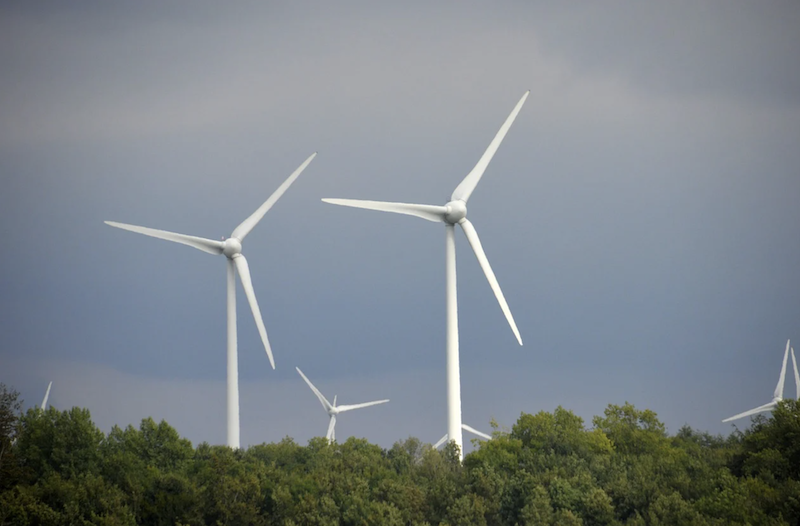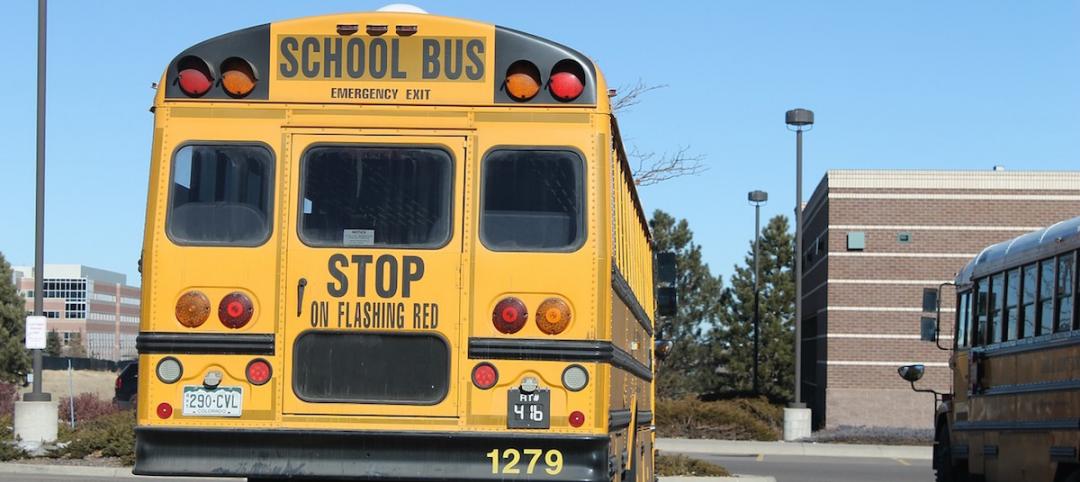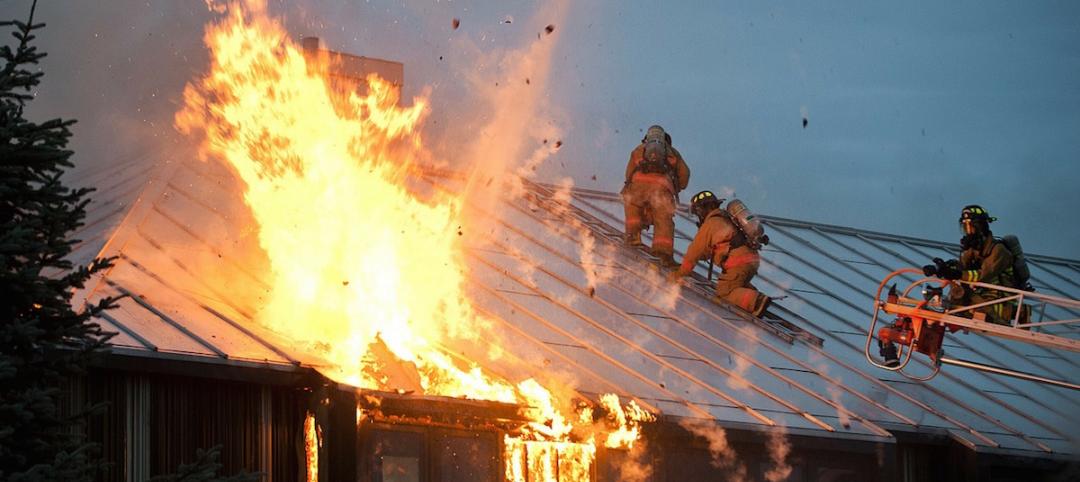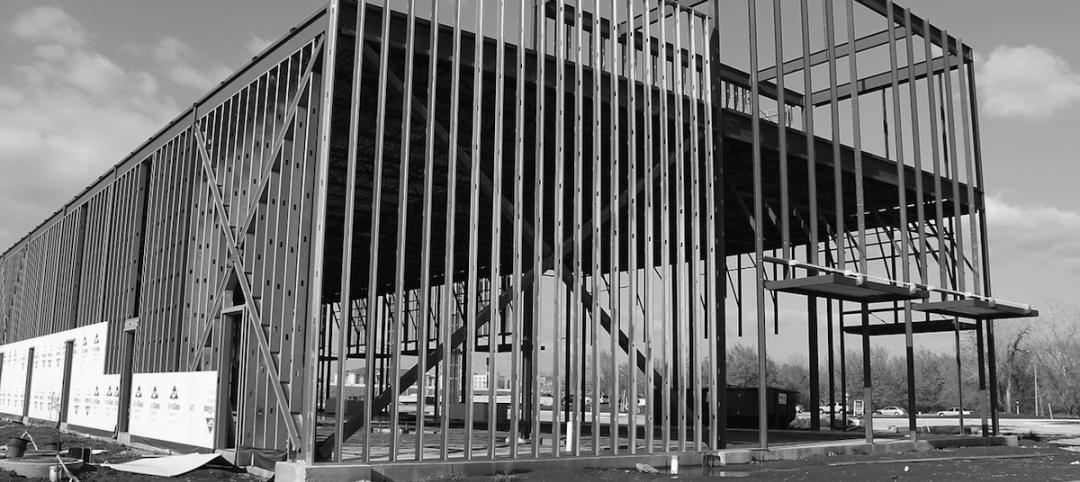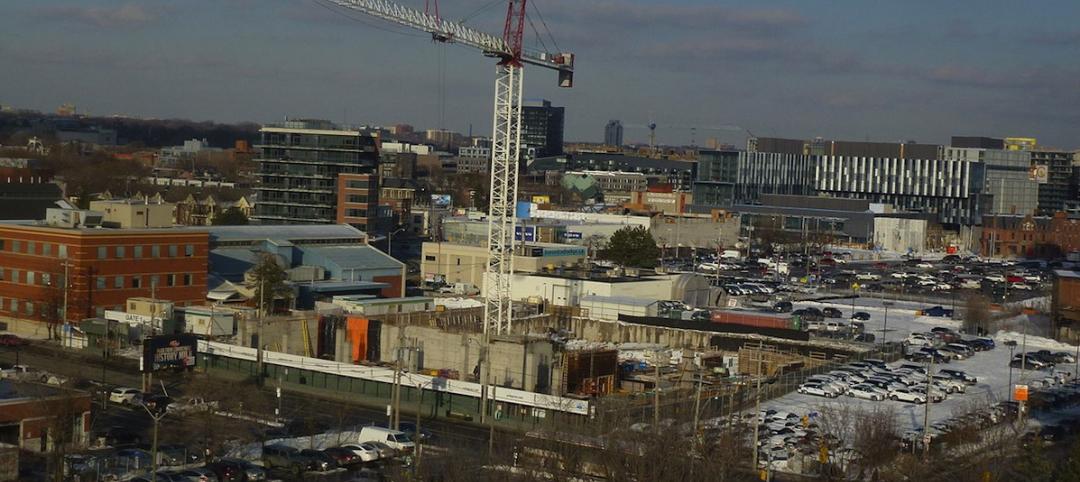The U.S. electric grid is making significant progress to zero-carbon status, according to a report from the Lawrence Berkeley National Laboratory.
Greenhouse-gas emissions from the electricity sector last year were 52% lower in 2020 than the U.S. Energy Information Administration predicted they would be back in 2005, the report says. Power-sector emissions fell 40% from 2005 to 2020, with much of the drop driven by cheap natural gas supplanting coal as the dominant fuel for U.S. power plants.
Further emissions cuts will require greater adoption of clean technologies such as energy storage, and that is achievable with the declining cost of solar and wind power generation, and battery storage, the report says. Low-carbon resources could reliably meet as much as 70%–90% of power supply needs at low incremental cost.
Other sectors, including the built environment, have made less progress in cutting emissions. Residential building emissions declined 29% from 2005 to 2020. Commercial building emissions dipped 32% during the same period.
Grid-interactive efficient buildings could help to make the grid more efficient by reducing the need for new supply and delivery infrastructure and providing another form of demand flexibility.
Related Stories
Codes and Standards | Jun 18, 2015
Guides to wood construction in high wind areas updated
The guides establish prescriptive, wind-resistive structural requirements for wood-frame buildings of different sizes and shapes.
Codes and Standards | Jun 18, 2015
New document addresses school safety and security
In an effort to balance security and fire safety features within codes, standards and planning, NFPA hosted a two-day workshop, “School Safety, Codes and Security”, last December. The findings are now available in an NFPA report.
Codes and Standards | Jun 18, 2015
Two myths regarding NFPA 101 Life Safety Code debunked
NFPA life safety engineer Ron Coté settles the debate over second egress doors and exit signs.
Codes and Standards | Jun 18, 2015
How to prevent corrosion in sprinkler system piping
The technical committees responsible for NFPA 13, Installation of Sprinkler Systems, have been looking at ways to eliminate or reduce corrosion in sprinkler systems for several revision cycles.
Codes and Standards | Jun 11, 2015
Steel Framing Alliance updates ‘Thermal Design and Code Compliance for Cold-Formed Steel Walls’ design guide
Includes results of new tests and addresses IECC and ASHRAE compliance paths.
Codes and Standards | Jun 11, 2015
Helena, Mont., may charge commercial developers a fee to fund public art
The fee would apply to new construction or alteration of nonresidential buildings of at least 20,000 sf.
Codes and Standards | Jun 11, 2015
DBIA releases new document on choosing a project delivery method
Provides owners and others with factors to consider when choosing the best method of delivery for their project.
High-rise Construction | Jun 5, 2015
Japanese policymakers discuss mandate for toilets in elevators
This quirky-sounding building code is a safety measure for the earthquake-prone nation.
Codes and Standards | Jun 4, 2015
OSHA publishes guide to restroom access for transgender workers
The guide advises employers to allow employees to use restrooms that correspond to their gender identity.
Codes and Standards | Jun 4, 2015
Guide helps Building Teams maximize team integration
The guide includes forms to support a two- to four-hour workshop to help an owner select the most appropriate delivery strategy.


